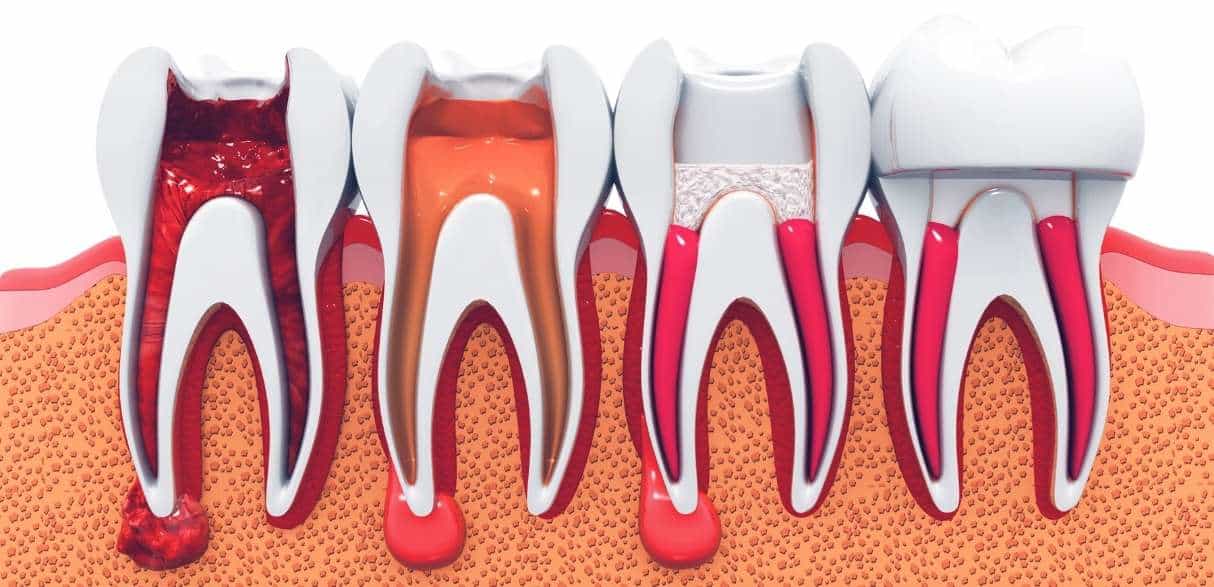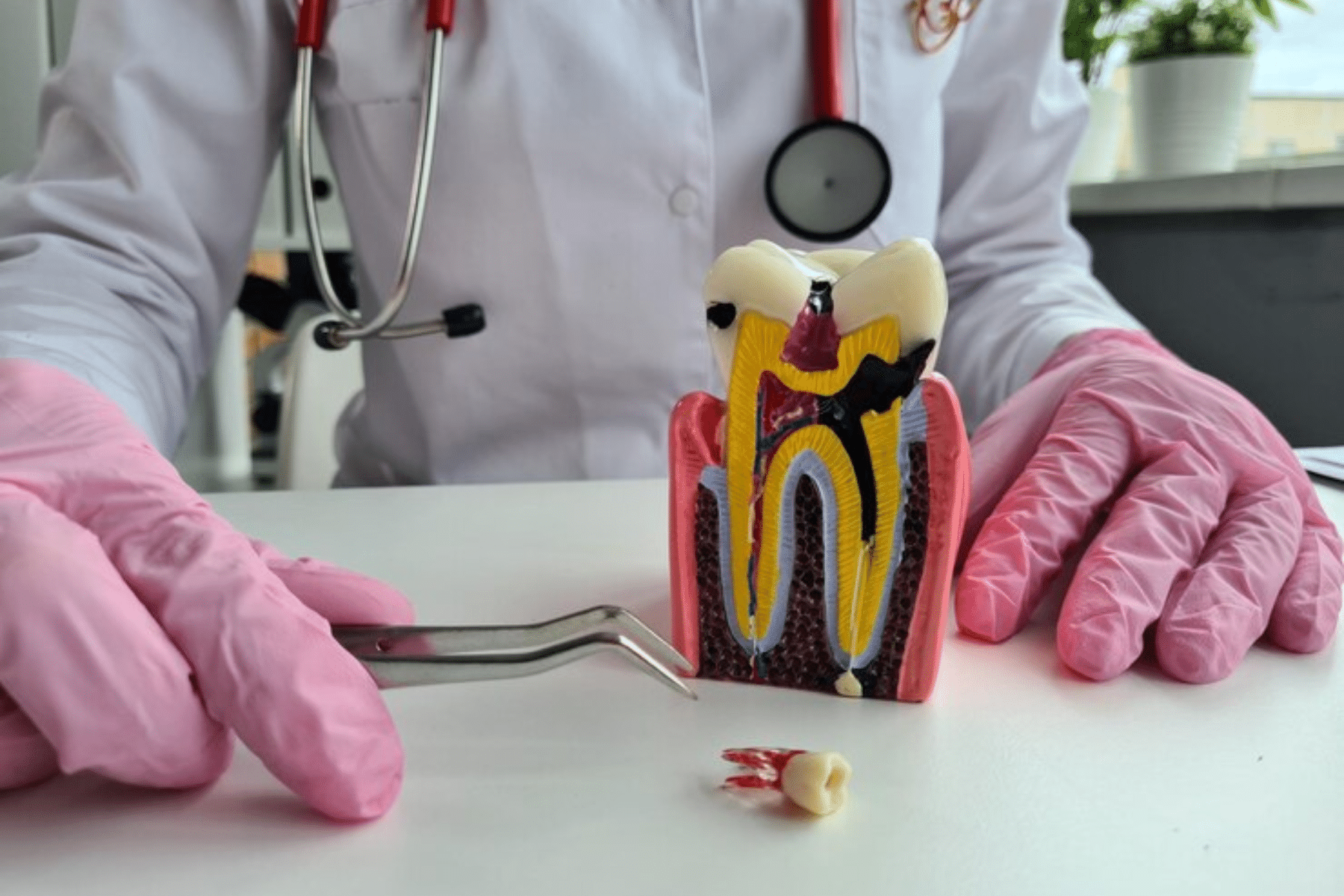245 11th Ave NE Hickory, NC 28601
What to Ask Your Dental Professional Before a Root Canal?

A root canal is a dental procedure that treats infection in the tooth’s root. It can save a tooth and relieve pain. People may need a root canal when they have severe tooth decay, damage, or an abscess.
However, many patients feel anxious or uncertain about what to expect. They often worry about pain, recovery time, and the overall process. Addressing these concerns is essential. Asking your dentist questions can ease anxiety and ensure you understand what lies ahead. Feeling prepared helps you make informed decisions about your dental health.
Why It’s Important to Ask Questions Before a Root Canal?
Asking questions before a root canal is crucial for many reasons. First, it helps patients understand the procedure better. Knowledge can ease anxiety and make the experience less intimidating. When you know what to expect, you can mentally prepare yourself for the procedure.
Additionally, open communication with your dentist fosters trust. This relationship can lead to better outcomes and increased satisfaction.
Dentists understand that patients may have fears and concerns. They expect and welcome questions. Your dentist is there to guide you through the process and answer any doubts. Clear communication can enhance your comfort level, allowing you to express concerns and preferences.
Remember, your dental health is a partnership between you and your dentist. By asking questions, you take an active role in your treatment plan, ensuring it meets your needs and expectations.
Key Questions to Ask Your Dentist
a. Why is a Root Canal Needed?
A root canal becomes necessary when the pulp, the soft tissue inside the tooth, gets infected or damaged. Common causes include deep cavities, cracks, or trauma.
Symptoms that indicate a root canal may be needed include severe toothache, sensitivity to hot or cold, and swelling around the tooth. Your dentist will explain the condition of your tooth and why a root canal is the best option to save it.
b. What Does the Procedure Involve?
It’s essential to know what the root canal procedure entails. Ask your dentist about the steps involved. Typically, the process starts with an examination and X-rays. Then, your dentist will numb the area with local anesthesia. They will drill into the tooth to access the pulp, remove infected tissue, and clean the root canals.
Finally, the dentist will seal the tooth and may place a temporary crown. Understanding these steps can help reduce anxiety and clarify the procedure’s duration.
c. What Kind of Anesthesia Will Be Used?
Pain management is a key concern during a root canal. Ask your dentist about the type of anesthesia they will use. Local anesthesia is common and numbs only the affected area.
Some patients may also have sedation options to help them relax. Discussing your comfort level with anesthesia ensures that your needs are met during the procedure.
d. Are There Any Risks or Complications?
Every medical procedure carries risks. It is essential to ask about potential complications associated with root canals.
While rare, complications can include infection or damage to surrounding teeth. Your dentist will explain how they minimize risks and what to watch for post-treatment. Understanding these risks can help you feel more prepared and informed.
e. How Long Will Recovery Take?
Recovery time varies for each patient. Ask your dentist about what to expect after the procedure. Many people return to normal activities within a few days.
However, some tenderness or discomfort may occur. Your dentist will provide aftercare instructions to ensure proper healing. Knowing how long recovery typically takes can help you plan your schedule accordingly.
f. What Can I Do to Speed Up Recovery?
Post-treatment care is vital for a smooth recovery. Ask your dentist for tips to speed up healing.
Common recommendations include taking prescribed pain medication, avoiding hard foods, and maintaining oral hygiene. Staying hydrated and eating a balanced diet can also help. Your dentist may suggest follow-up appointments to monitor healing.
g. How Long Will the Root Canal Last?
Many patients wonder how long their root canal will last. On average, a well-performed root canal can last many years or even a lifetime with proper care.
It is crucial to maintain good oral hygiene, including regular brushing, flossing, and dental check-ups. Your dentist will explain what factors can affect the longevity of the treated tooth.
h. Will the Tooth Need Further Treatment in the Future?
Your tooth may require additional treatment after a root canal. Ask your dentist whether you will need a crown or any other procedures. Crowns often protect the tooth and restore function after a root canal. Understanding future treatment options will help you plan your dental care.
i. What Are the Costs and Financing Options?
Dental procedures can be costly, so it is essential to discuss expenses upfront. Ask your dentist about the cost of the root canal, including any additional treatments. Inquire about insurance coverage and payment plans.
Many dental offices offer financing options to make treatment more affordable. Knowing the financial aspects will help you prepare and make informed choices.
Preparing for Your Root Canal Appointment
Preparation is key for a successful root canal appointment. Start by gathering necessary documents, including insurance information. Make a list of any medications you take and share them with your dentist. If you have specific concerns, write down questions ahead of time. This will ensure you cover all your bases during the appointment.
Managing nerves is also crucial. Consider bringing a friend or family member for support. Listening to calming music or practicing deep breathing can help ease anxiety. Ensure you arrive a bit early to settle in and relax. Feeling prepared will help you approach the appointment with confidence.
Aftercare Tips and What to Expect Post-Treatment
Proper aftercare is vital after your root canal. Your dentist will provide specific instructions, but general care includes avoiding hard or sticky foods for a few days. Stick to soft foods and stay hydrated. Take prescribed pain medications as directed to manage discomfort.
Keep an eye out for any signs of complications, such as increased swelling, severe pain, or fever. If you notice any concerning symptoms, contact your dentist immediately. Most patients feel some tenderness after the procedure, but it should gradually improve. Regular follow-up appointments will help monitor healing and ensure everything is on track.
Open communication with your dentist is essential for your dental health. Do not hesitate to ask questions and voice concerns before your root canal. By advocating for yourself, you ensure that you understand your treatment plan thoroughly.
A proactive approach helps you feel more comfortable and confident throughout the process. Remember, your dentist is there to support you every step of the way.




